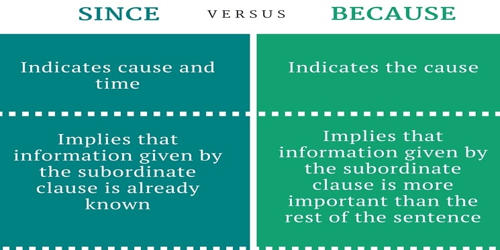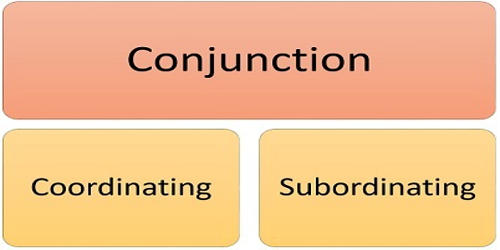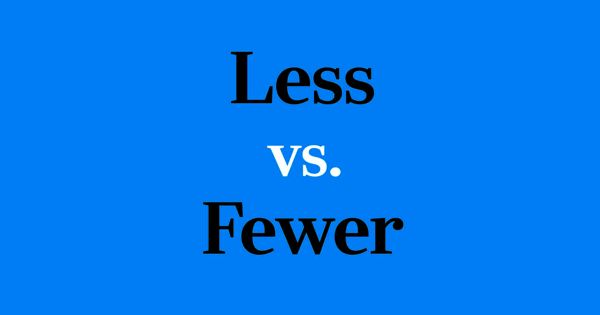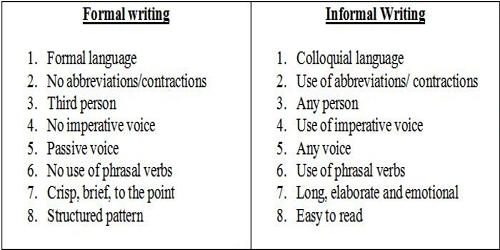As, because and since are conjunctions. As, because and since all introduce subordinate clauses. Conjunctions are linking words, that are used in sentences to combine two words, clauses, phrases, or sentences. They connect the result of something with their reason. While “because” does imply cause, “since” can imply time or cause. The key difference between “Since” and “Because” lies in the fact that while the word “Since” means to refer a time from the past or to state a reason, on the other hand, “Because” means to imply a reason in the statement.
Since and because are two causal conjunctions, which tells you why someone does something. ‘Since‘ can be used in two different ways in a sentence, i.e. it either talks about ‘time’, or it gives the ‘reason for something’. On the contrary, ‘Because‘ refers to ‘by cause of’. Further, both in written and spoken English, because is more common than since when it comes to giving a reason. They are also easy to misuse or overuse, which is why it is important to know the differences between them and how to use each correctly.
Difference between Since and Because –
SINCE
- Meaning Since means ‘from the particular time in the past, until now’ and ‘in the view of the fact that’.
- The conjunction ‘since’ can be used in different contexts in a sentence. Hence it can be used in a variety of ways. It either talks about the reason or causes for something, or it expresses a specific time in the past when something took place, until now.
- We use the word ‘since’ in our sentence either to talk about a specific time or point in the past which still continues or to explain something, i.e. why a person does something or why did this happen?
- When we use ‘since’ in our sentence, the reason is not given much importance, because the receiver in the communication is quite aware of the reason.
- To introduce a reason, since is used at the beginning of a sentence. But it can also be used in the middle of the sentence to indicate ’till now’.
- Example: Since everything was going according to the plan, there is no need to worry.
BECAUSE
- Because is used to mean ‘on account of’ or ‘for the reason that’.
- The word ‘because’ is subordinating conjunction which is used in a sentence to add an explanation, cause or reason for the happening of any incident. So, the clause introduced using ‘because’ is a subordinating clause, which adds to the meaning of the main clause and therefore completes the sentence.
- We use the word ‘because’ to state a reason, cause, or explanation for something, i.e. why something is taking place, or occurring?
- ‘Because’ it emphasizes the reason, as the receiver in the communication has no idea of the reason.
- Because it can be used in the middle of the sentence to give a reason. Although we can also use it at the beginning of the sentence, but only in spoken English, otherwise it is going to be grammatically incorrect.
- Example: Steffy refused to drink alcohol at the party because it was against her principles.
















